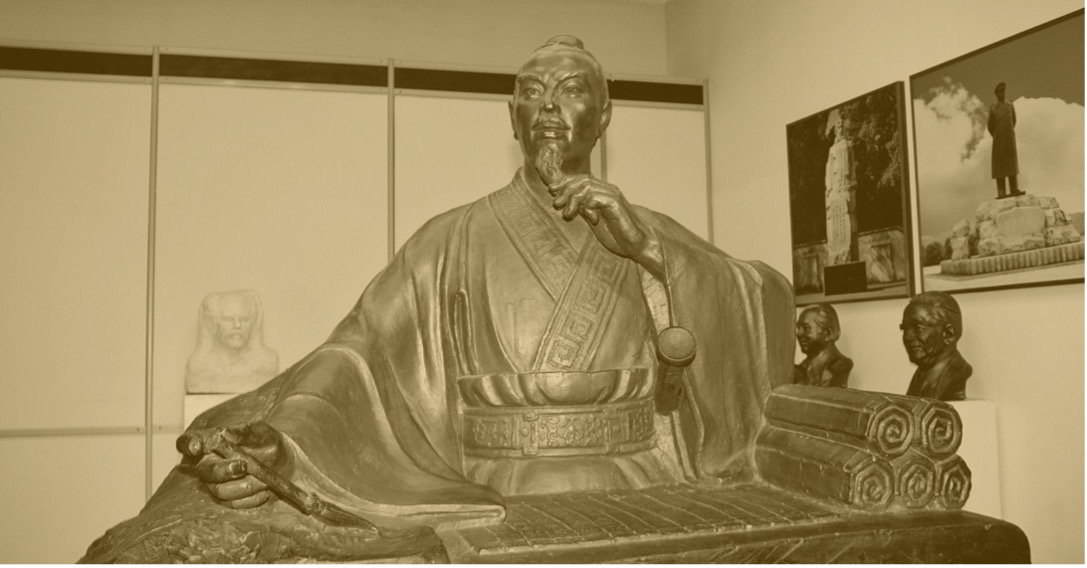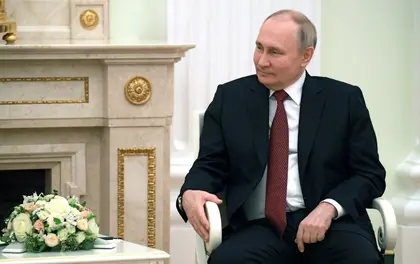Long before Russia’s invasion of Ukraine, long before World War II, “maskirovka” was an indispensable element of all Russian military planning. In a former life, as a young army officer, I met a junior Russian (well, in those days Soviet) officer in what was then East Berlin. We discussed our different experiences, which included how we prepared and gave orders. He told me that every set of orders he gave or received had to include a “deception” plan – how the enemy would be deceived of his true intentions.
It makes me wonder then how much we should believe all we see and hear from the Russians as the war in Ukraine continues.
JOIN US ON TELEGRAM
Follow our coverage of the war on the @Kyivpost_official.
The “maskirovka” doctrine
The practice of military deception is not new. Sun Tzu’s treatise from the fifth century B.C., The Art of War, avowed a strategy of deception: “I will force the enemy to take our strength for weakness, and our weakness for strength, and thus will turn his strength into weakness.”
As early as 1924 the Soviet high command considered deception to be “based upon the principles of activity, naturalness, diversity and continuity. It is to include secrecy, imitation, demonstrative actions and disinformation.”
By 1994 the doctrine was further expanded, within the Soviet Military Encyclopedia: “Strategic maskirovka at national and theater levels will mislead the enemy as to political and military capabilities, intentions and timing of actions.” In another echo of Sun Tzu, it continues: “War is merely an extension of politics, it includes political, economic and diplomatic measures as well as military measures.”

Serbia Cancels Arms Contracts with Russia, Turns to China
In March 2016 Major Morgan Maier wrote a study at the United States Army Command and General Staff College, entitled: “A Little Masquerade: Russia’s Evolving Employment of Maskirovka.” In it he contended that maskirovka, in Russia, was more than just a military tactic for deception. While it was still an important part of military actions, Maier argues that it represents a complex Russian cultural phenomenon that, we in the West, find difficult to understand.
He believes that while the West lost interest in Soviet ideas with the collapse of the USSR, the Russian armed forces didn’t. In the case of maskirovka, not only was it carried forward by the military, but it has evolved to be used in every area of Russian military, political, business and diplomatic operations to create ambiguity and uncertainty and to give Russia freedom of action to achieve its objectives.
The 2016 dissertation, in Voyenno-Promyshlennyy Kurier (Military-Industrial Courier) by the Chief of the Russian General Staff Gen. Valery Gerasimov, further reinforces this view. Now referred to as “the Gerasimov Doctrine” or “New Generation War,” it formed the basis of Russia’s deception and misdirection prior to the 2014 invasions of Crimea and the Donbas as well as the 2022 full-scale invasion.
 Little Green Men in Crimea/Photo: AP/Scanpix
Little Green Men in Crimea/Photo: AP/Scanpix
How has Russia used maskirovka in the past?
Until we uncover a deceptive ruse it is impossible to say whether or not Russian actions or pronouncements are real or designed to deceive.
This author thinks we should take nothing at face value.
During the 1943 battle of Kursk the Soviet army bolstered units involved in the defense of Kursk with imitation tanks and increased radio communications to simulate full deployment. This force was almost obliterated by the Germans who, having failed to identify other concealed defensive positions, were ambushed and destroyed.
In the build-up to the 1962 Cuban missile crisis, the Soviets made a great play of publicizing that the 40,000 soldiers involved were being deployed to the east of the Soviet Union. They were all issued with winter clothing and on board ship were only allowed on deck during the hours of darkness. The force, including its missiles, reached Cuba before U.S. intelligence had become aware of it.
In March 2016 Russia made a shock announcement that it’s operations in Syria, which had only started in September, had achieved their aims and that its forces were withdrawing. It made a great show of jets and bombers leaving, while at the same time cargo ships were delivering even greater amounts of weapons, equipment and manpower.
How is Russia using maskirovka now?
The “Gerasimov Doctrine” says that in the new generation war, all public institutions, mass media, religious organizations, cultural institutions, NGOs, public movements, criminals, and diplomats are all weapons to be used to assist in the information and psychological war that weakens the target; and those same weapons of the enemy should all be potential targets.
There are some obvious examples of this in action:
When the “little green men” seized control of Crimea in 2014 top Russian officials, including President Vladimir Putin, repeatedly denied that they were Russian.
Russia’s denial that an invasion was imminent, as late as Feb. 17, 2022, when in spite of warnings by the U.S. and others, Putin declared at a press conference with Belarus President Alexander Lukashenko: “These military exercises, drills, are purely defensive and are not a threat to any other country. They were planned and all the objectives of these drills have been achieved.”

| Sun T’su/Photo: U.S. Army War College |
The EU and others reported in the early days of the war that Russia was systematically manipulating information and deploying disinformation as an operational tool in its assault on Ukraine. This included main stream media as well as all social media platforms.
In particular, TikTok came under specific attack. The app is owned by the Chinese company ByteDance. An investigation by anti-misinformation outlet “NewsGuard” identified newly opened accounts that were promulgating falsehoods about the war within minutes of being created.
There is also concern among Western security organizations that the app gives potential access to troves of data from TikTok’s millions of users to the Chinese government. New urgency for consideration of this has been sparked, in regard to the war in Ukraine, because of the recent meetings between Putin and Xi Jinping.
You can also highlight the text and press Ctrl + Enter






